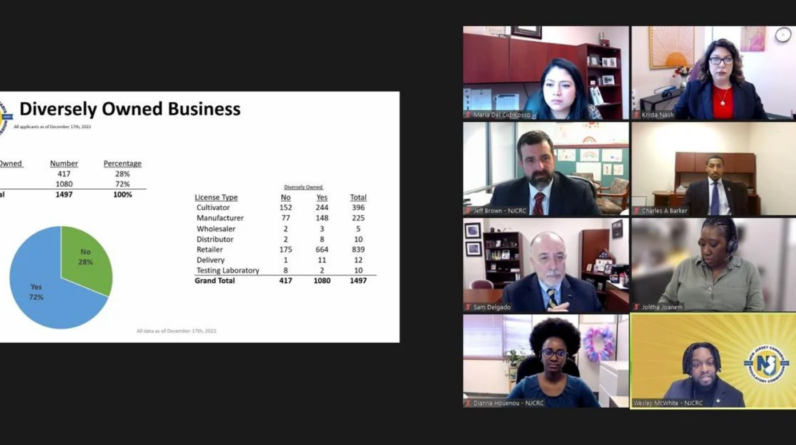
New Jersey legalized marijuana because black and brown individuals were arrested and imprisoned for marijuana charges. The campaign stated that decriminalizing the substance would eliminate that, and a legitimate cannabis economy could target the minority most harmed by pot prohibitions.
After legalization, officials reiterated this objective. It was difficult for numerous reasons. After three years, minority cannabis business ownership remains elusive.
Cannabis companies owned by minorities in New Jersey
The state Cannabis Regulatory Commission has set aside 30% of cannabis company licenses for various ownership groups: 15% for minority-owned enterprises, 15% for women-owned, and 15% for handicapped veteran-owned. Certification demands that a minority, woman, or handicapped veteran owns at least 51% of the firm and runs it daily.

After approval or a temporary license, beginning a business in New Jersey requires a sound business strategy, a good site, money, and more. The number of diversely held cannabis businesses is unknown. According to recent NJ Spotlight complaints from dissatisfied minority companies and their attorneys, the number is well below the objective.
All cannabis firms struggle with local government permission. Only 15% of localities allow cannabis sales. Those that enable it might restrict it to a certain area. Cannabis firms in Atlantic City and East Orange have been denied commercial spaces by local regulators.
The Cannabis Regulatory Commission emphasizes applications from communities with high unemployment, poverty, or excessive marijuana law enforcement to assist the state meet its ownership diversity targets. Municipalities are not required to pursue such priorities or goals. The state waives expenses for minority applicants, while cities determine fees and taxes for all cannabis enterprises.
Cannabis enterprises must also follow municipal regulations.
In December, the NJEDA established a $10 million Cannabis Equity Grant pilot program. Last month, it began awarding $250,000 and technical training. Nearly two-thirds of this will go to social equity candidates including individuals with cannabis offenses or low-income communities. $1,000 grant application fee may be waived.
New Jersey’s legal cannabis business is expanding slower than other states. Diversity among cannabis business owners may be delayed and underwhelming.
